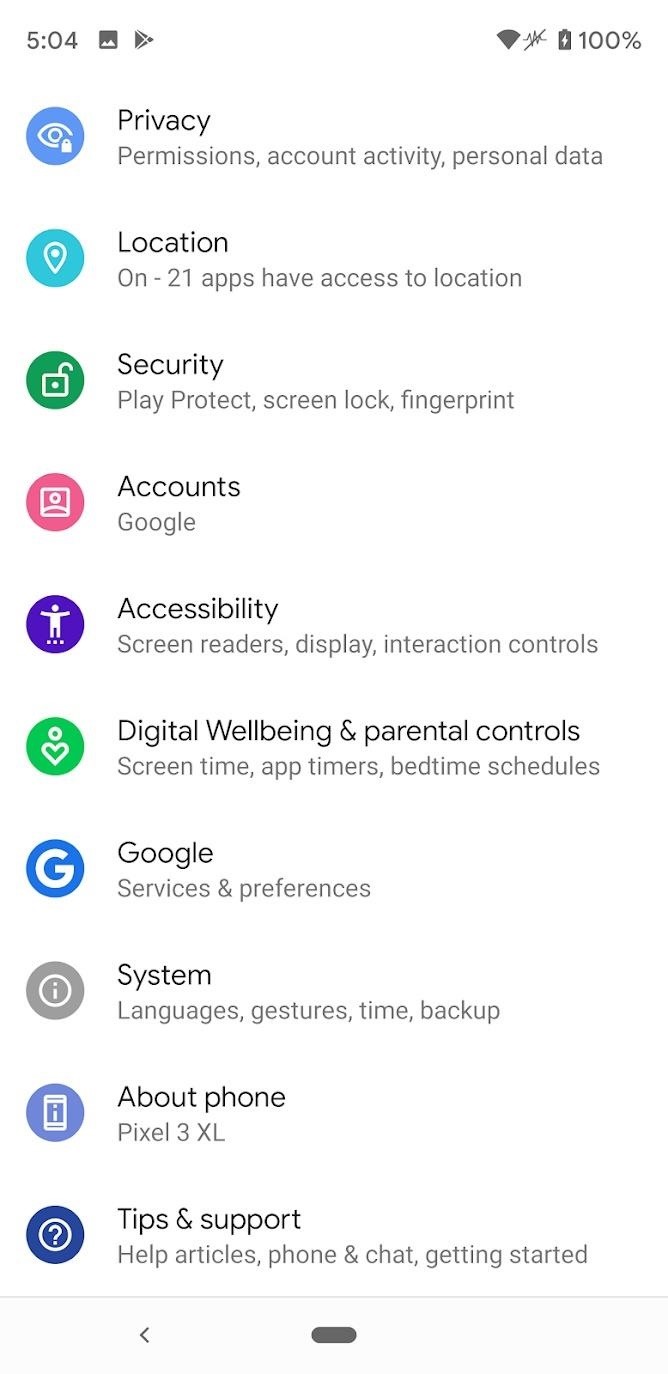New Sun tool may revive interest in client-side Java
Sun’s WebStart applet caching tool may speed up client-side Java performance; plus upcoming JavaOne company announcements
Vendors revamping their server products to support the latest enterprise Java technology won’t be the only companies making news at next week’s annual JavaOne conference in San Francisco.
The company hosting the show, Sun Microsystems Inc., will unveil a new product that could revive interest in Java on the client. Sun’s WebStart, which will be available this year, will provide a mechanism for downloading and caching Java applications.
Right now, users typically have to execute a Java applet each time they visit a Website. With WebStart, they’ll be able to click and download the Java applet once.
WebStart is based on Java Network Launcher Protocol, which makes sure the user has the correct Java virtual machine (JVM) needed to run an applet. If the user’s computer doesn’t have it, the JVM is downloaded from a server along with the applet, according to a source familiar with the product.
Many developers have shunned client-side Java work because of slow performance and uneven support for critical Java technology in Web browsers.
“This addresses some of the [performance] issues people had in deploying client-side Java,” said Steve Garone, an analyst at International Data Corp. in Framingham, Mass. “We’re going to see more interest in Java on the client” as products that attempt to work around browser-based Java problems gain usage, he said.
Although WebStart will address some issues, some companies may still be reluctant to use client-side Java.
“WebStart [may] solve the performance issues of loading classes, but not the firewall issues that some corporations are uncomfortable with,” said Kas Naderi, CIO at MunicipalTrade.com in Atlanta. He noted that some companies don’t permit their employees to download Java.
Naderi said his company will use server-based Java in setting up an electronic marketplace for municipal bonds. But it plans to use only HTML, JavaScript, and perhaps JavaServer Pages to meet its client needs, he added.
In other news at JavaOne, IBM plans to announce WebSphere Business Components, a tool set, and collection of Enterprise JavaBeans components that aim to speed development of Web applications. Component target areas include supply-chain and customer relationship management in financial services and other industries, a company spokesman said.
WebSphere Business Components will ship this year. Early versions are available on IBM’s alphaWorks Web site.
Also next week at JavaOne:
- Cambridge, Mass.-based Allaire Corp. will announce its JRun 3.0 application server, featuring support for some of the latest Java 2 Platform, Enterprise Edition (J2EE) technology. The developer edition is available now for free. Professional (95) and enterprise (,995) editions will be available on June 20. JRun Studio, a developer tool, will ship this summer for 95 per seat.
- GemStone Systems Inc. in Beaverton, Ore., will announce general availability of its new application server, GemStone/J version 4.0. GemStone’s application server doesn’t fully support EJB 1.1, and the company hasn’t done J2EE compliance testing yet. But GemStone expects to complete the testing this fall, said Diane Levin, the company’s director of solutions marketing.
- Rational Software Corp. in Cupertino, Calif., plans to announce that its Rose e2000 tool will feature enhanced support for the latest Enterprise JavaBeans and Java Servlet specifications by June 30 and support for the full J2EE spec “over time,” according to Bill Taylor, director of product marketing for visual modeling at Rational.
Lee Copeland contributed to this article.



